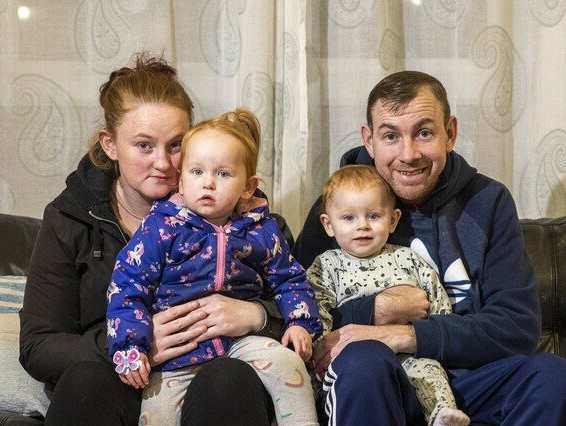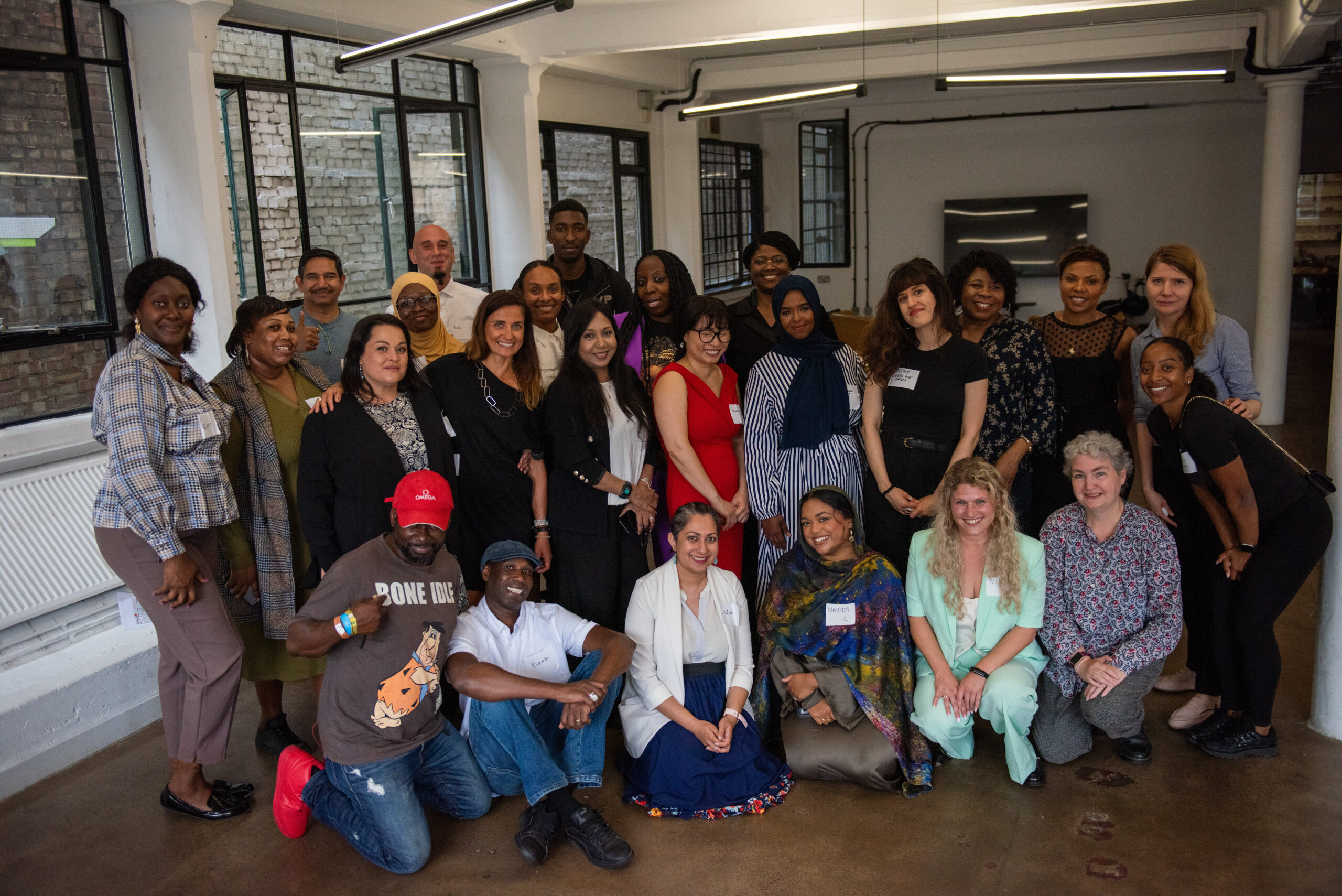For Homeless Sunday 2023, Caritas Westminster’s lead on homelessness, Liz Wills, asks us to think beyond rough sleepers, and consider all those living without a place to call Home.
Reflect for a moment:
When you hear the term ‘homeless’ – who comes into your thoughts?
Who would you reach out to help?
As a Catholic Community, how might we help?
In thinking about those experiencing homelessness, our thoughts automatically go to those sleeping rough on our streets. We often forget those who are ‘hidden homeless’; people who are Sofa Surfing with friends and families, those in Temporary Accommodation (B&B or private nightly lets), sleeping in their vehicles or in frightening communal hostels, refuges and shelters. People in our own community. People who are close enough for us to help. Its these forgotten people I want to remember this Homeless Sunday.
For every one person we see sleeping on the street, there are 111 people experiencing other forms of homelessness. An estimated one in 208 people in the England were experiencing some form of homelessness on a given night in 2022.
In the Diocese of Westminster with a population of about 5million people, this would mean that 24,000 people are experiencing homelessness.
As part of Caritas Westminster’s work with the Cardinal Hume Centre and the charity Justlife and others, I have been talking to people about their personal experiences living in Temporary Accommodation. This is part of a wider project to share their voices with charities, councils and key housing providers, to demand change.
Every person I talk to has a constant dull, damp-induced cough that accompanies our conversations. They tell me their homes are overcrowded, are in disrepair with ugly damp patches covering the walls.
One dad I spoke to lives with his wife and four children in a small, damp, third floor flat without a lift. The children sleep in bedrooms with no windows, Jaz (not his real name) and his wife sleep in the lounge. He has a letter from the doctor saying he has a back condition, which is getting worse by having to climb three sets of stairs. He has requested to move, but two years later there hasn’t been any action or support. Last time he complained to his private landlord, the landlord evicted him. His current housing provider has threatened him, saying ‘if you keep ringing and complaining you will be asked to leave.’
I also spoke to mum I’ll call Kay (again the names are changed). She told me about the constant and overwhelming stress of living in overcrowded conditions; Joy her 15-year-old daughter is sharing a bedroom with her 12-year-old brother Sol, and her 5-year-old sister, Beth who has learning difficulties. Their two-year-old sister sleeps with mum. Beth keeps trying to run away, and throws stuff out the balcony at passers-by. Sol is just starting his GCSEs but missing school due to his asthma from the damp. There’s never any space (or peace) to do homework. Mum Kay is being hounded by social services and the occupational therapist, and school are issuing amber warning letters because Sol isn’t at school. Kay wants the best for herself and her children, but life is hard.
Let me ask the questions again.
When you hear the term ‘homeless’ – who comes into your thoughts?
Who would you reach out to help?
As a Catholic Community, how might we help?
- Almost two-thirds of people say that living in temporary accommodation has had a negative impact on their mental health.
- Half say that it has had a negative impact on their physical health.
- People who feel part of a community, have supportive friends around them are less likely to become homeless.
Here in parishes and schools across the Diocese of Westminster, we can help people feel welcome and supported. We can help prevent people from becoming street homeless.
For example, could your parish open up the kitchen in the church hall or school for families who don’t have access to a working oven, or who can’t afford the electrics? Or run a warm space or offer a weekly homework club. You could set up or support a local mother and toddler group.
Caritas Westminster has provided a list of suggestions to get people started, and my colleagues and I are available to link you up with parishes and schools already doing good work, provide expert training where needed, or accompany them on their journey to safely help people find peace of mind, dignity, hope and justice. Email caritaswestminster@rcdow.org.uk
And next time you are asked to help those experiencing homelessness, please think too of those living in unsuitable temporary accommodation. Think about how our actions might help prevent someone ending up on the streets.
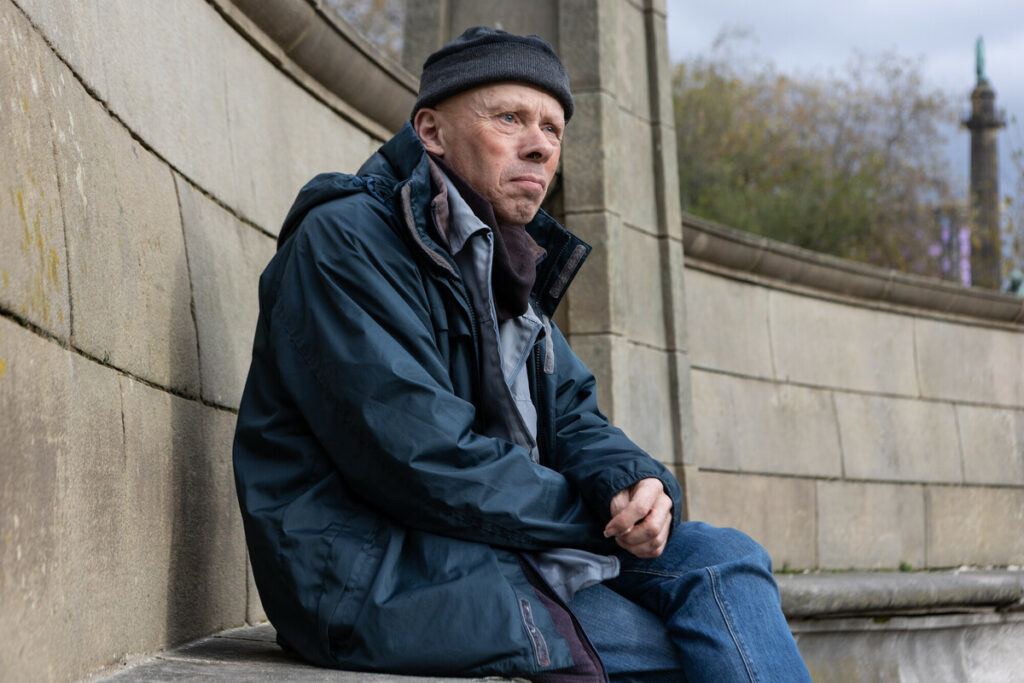
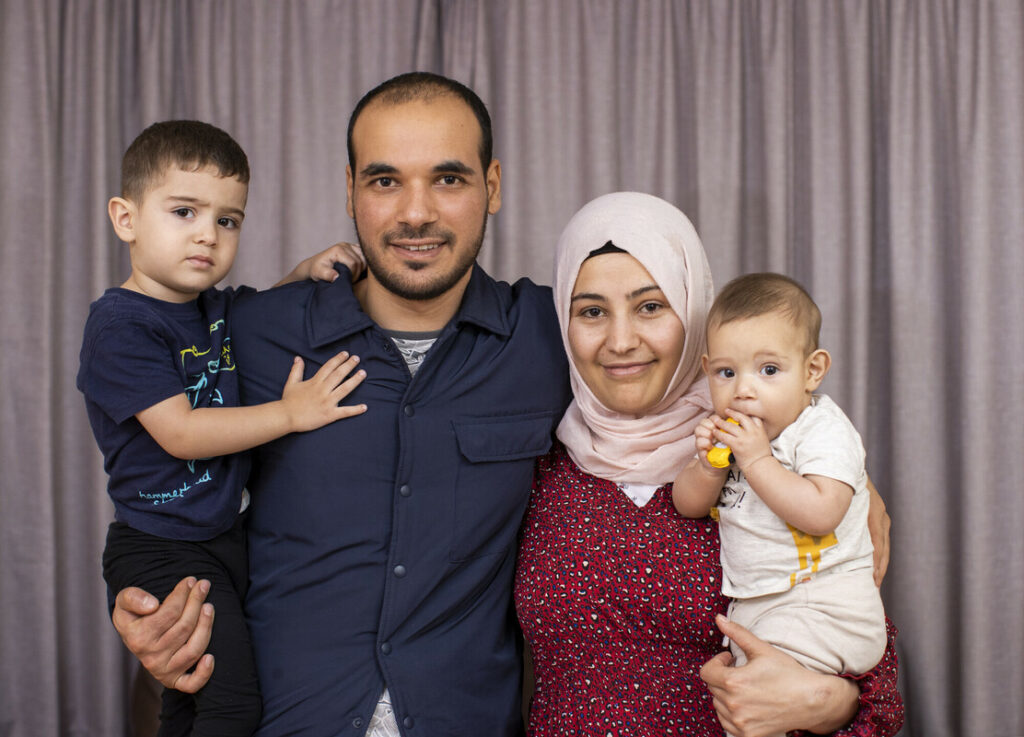
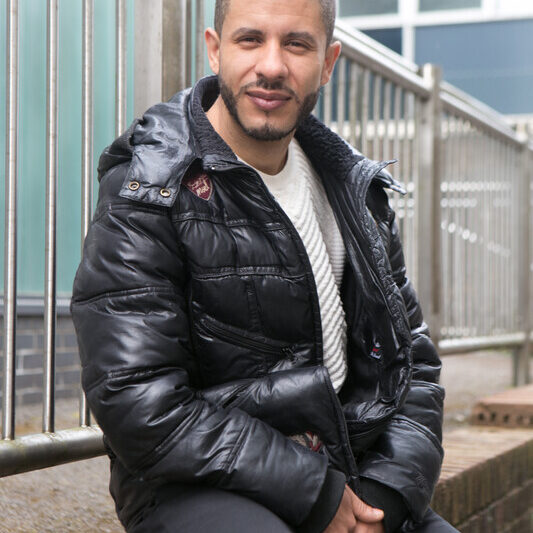
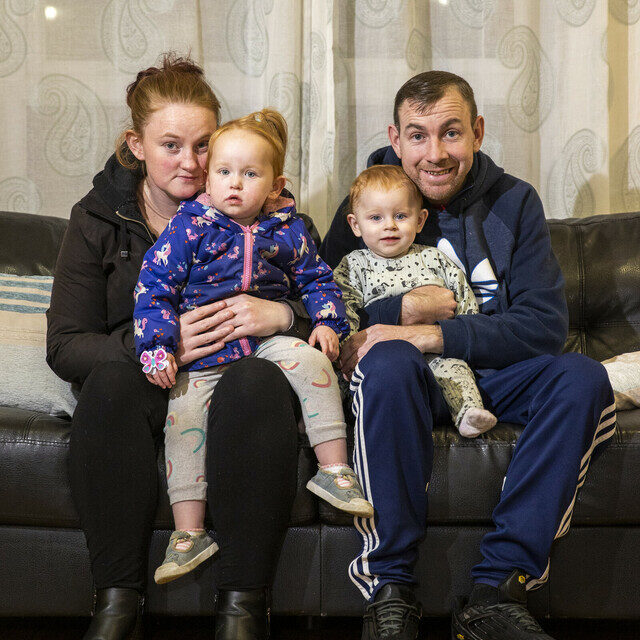
The images above are of people living in different forms of temporary accommodation. Picture credits: The Centre for Homelessness Impact
You may also be interested in:
Should we give money to homeless beggars?
This document, “Many Rooms”, helping churches to respond to homeless people in their community, was produced by our partner organisation, Housing Justice.
For more information go to:
At least 271,000 people are homeless in England today – story from Shelter
Groundswell Research on Temporary Accommodation – Trust for London

